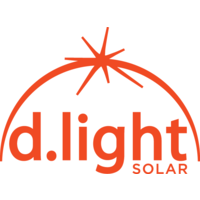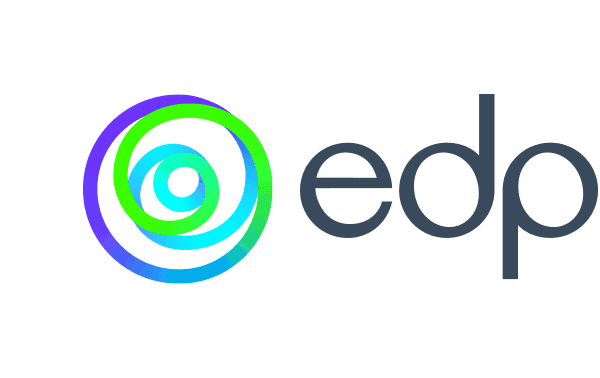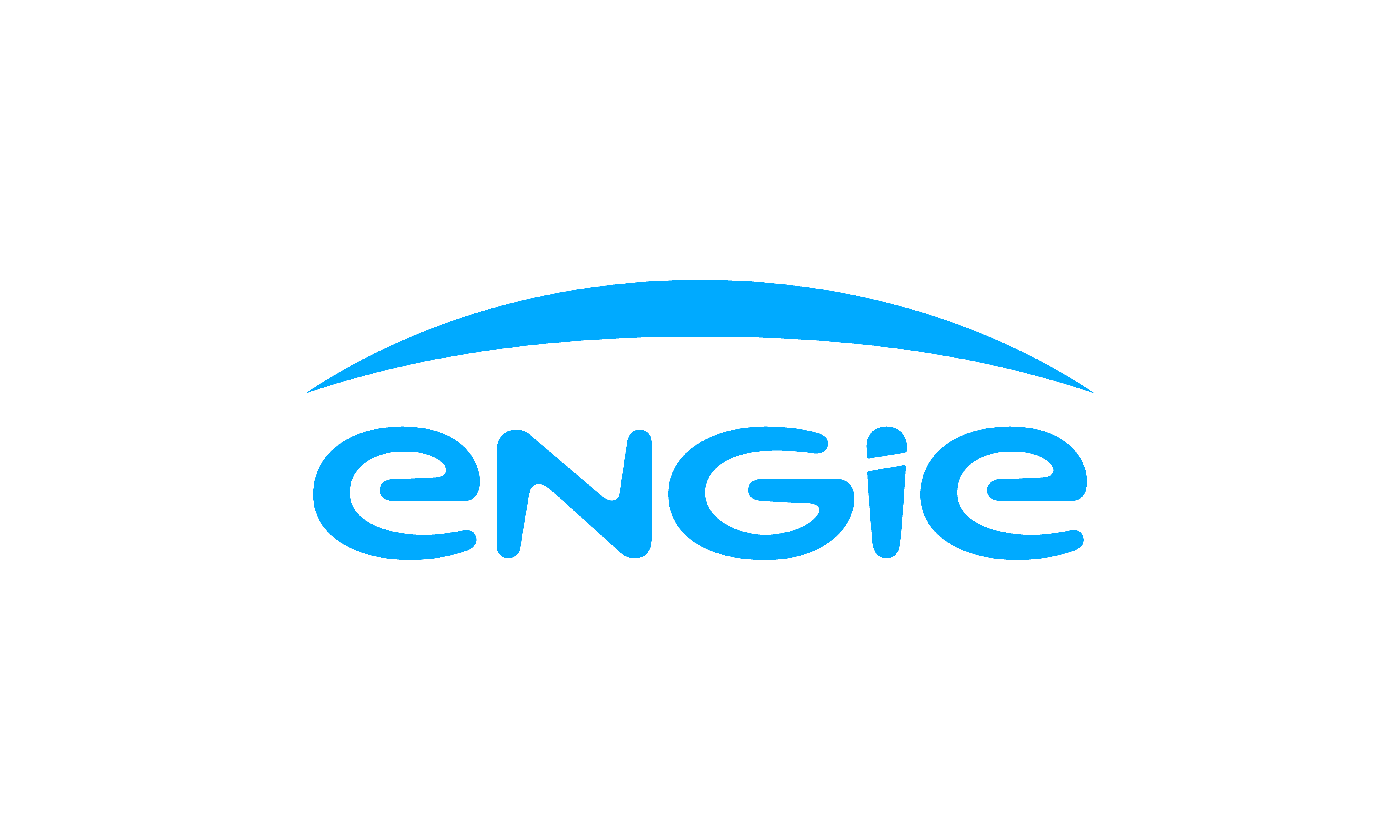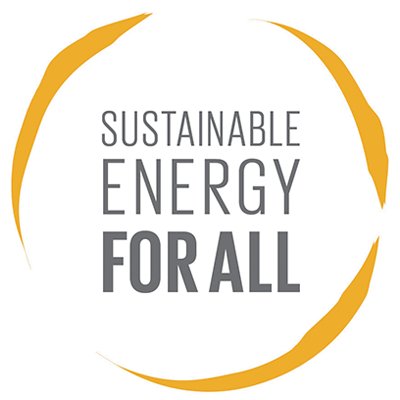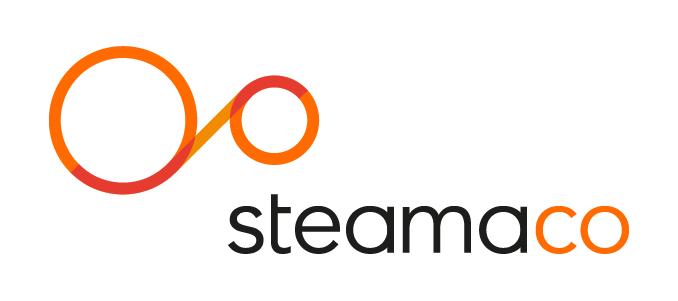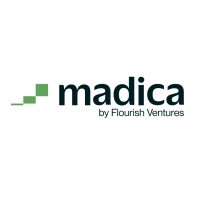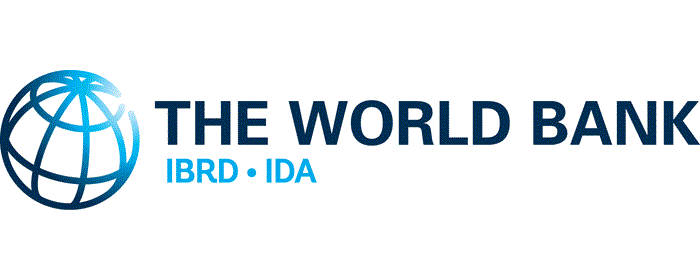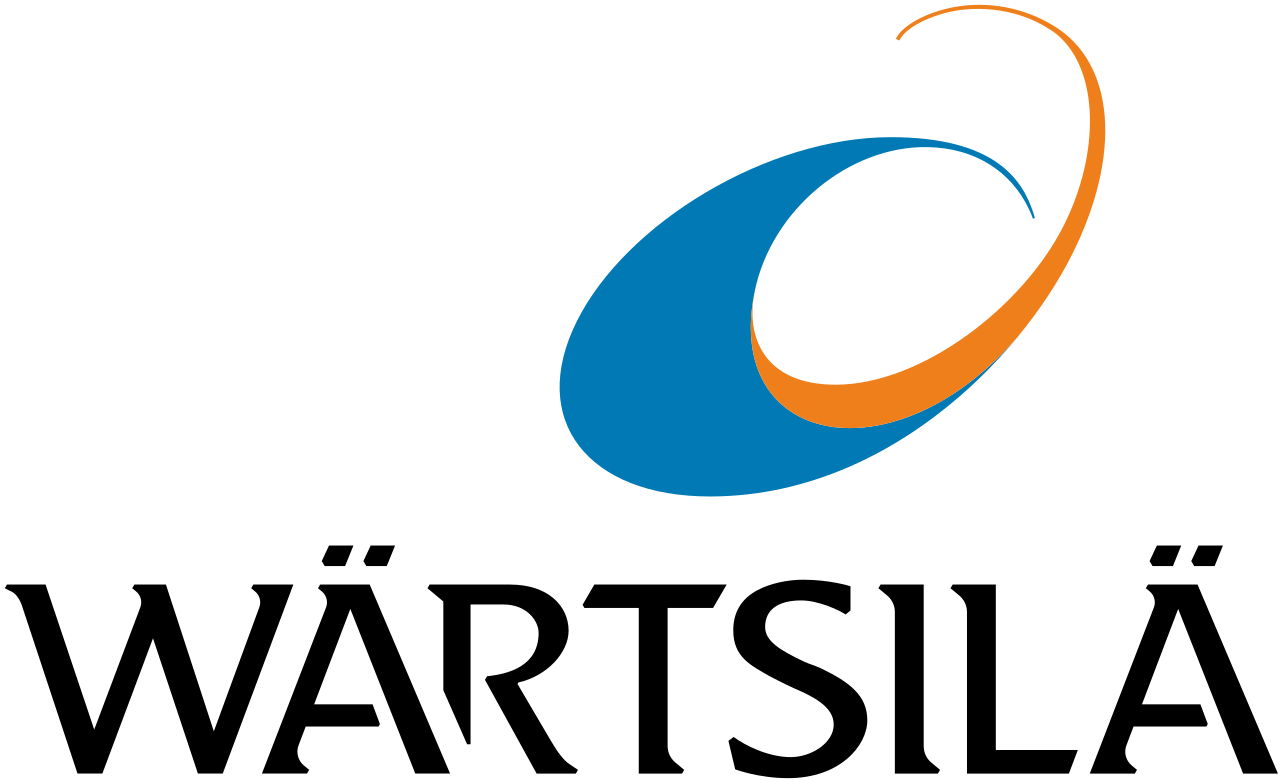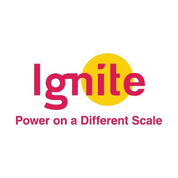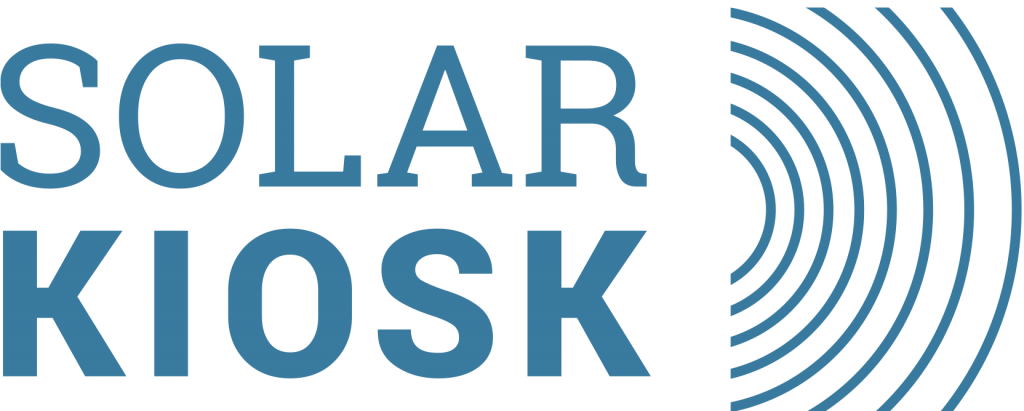27 November 2024: Acumen’s Hardest-to-Reach (“H2R”) initiative has invested USD$5 million in “Brighter Life by d.light” (“BLd”), the first multi-country receivables financing facility formed by d.light and African Frontier Capital (“AFC”). BLd purchases customer receivables generated from d.light’s solar home system sales in Uganda, Kenya, and Tanzania, enabling these subsidiaries to grow faster and reach more customers. H2R’s investment will fund d.light’s Ugandan receivables and is expected to serve 2.3 million people in Uganda with energy access, 1.9 million of whom will likely access energy for the first time.
Many solar home system companies like d.light sell solar products on a Pay-As-You-Go (“PAYGo”) basis, where customers pay in instalments over months or years to make the products affordable for low-income customers. As a result, companies experience long cashflow cycles, slowing their ability to reinvest cash into the business and leading to many companies to take on a higher amount of debt to finance inventory and grow. By selling its receivables to BLd upfront, d.light’s subsidiaries will receive a higher amount of cash up front, enabling them to expand operations faster and serve more customers without overburdening its balance sheet. Also, as d.light will sell its receivables in local currency, BLd reduces d.light’s exposure to foreign exchange fluctuations, thereby mitigating currency risk in a region that has faced significant currency devaluation.
BLd and receivable special purpose vehicle structures also provide a myriad of benefits to its investors, such as isolating receivables from the originating company’s credit risk, being able to cater to different types of investors across different tranches and reaching higher scale. This advanced receivable financing model paves the way for market innovation and sets a benchmark for impactful and inclusive energy financing structures across Africa.
Nedjip Tozun, d.light co-founder and CEO, said, “We are deeply grateful for Acumen’s new investment, which will empower even more people without reliable electricity access to experience the transformative benefits of clean, safe, and affordable energy. This partnership, alongside AFC, underscores the power of our flexible and scalable securitized financing mechanism to drive sustainable impact and expand energy access to those who need it most.”
Eric De Moudt, AFC founder and CEO, added, “We are very grateful to have Acumen’s support on this groundbreaking social impact securitization which is helping d.light bring financial inclusion and access to reliable and clean energy to millions of people across sub-Saharan Africa.”
Sandra Halilovic, Head of Acumen’s H2R development facility, said, “Acumen’s investment will support a significant market innovation by funding one of the first and largest multi-country receivables financing facilities in Africa. As our first investment in Uganda, BLd will benefit millions of people across the country, making H2R’s funding highly impactful. We hope to see more structures like this one replicated in other regions to provide first-time energy access to people across the continent.”





